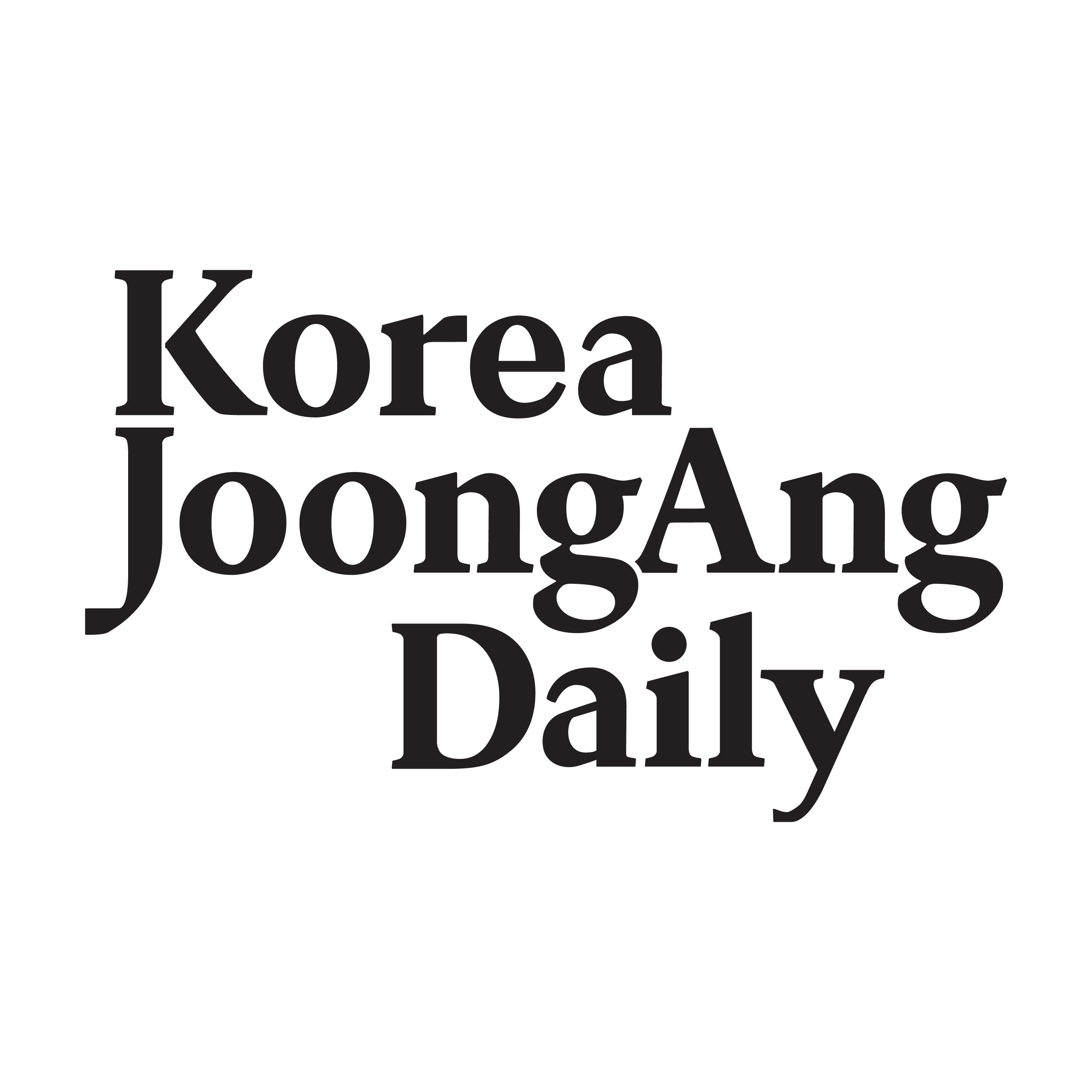Listen "How criminal networks in Cambodia ensnare Koreans"
Episode Synopsis
This article is by Michael Lee and read by an artificial voice.
[EXPLAINER]
When 22-year-old university student Park Min-ho left his hometown of Yecheon County, North Gyeongsang, on July 17, he told his family he was flying to Cambodia for a job fair.
But about a week later, Park's family received an ominous call from his number.
The caller, later identified as an ethnic Korean with Chinese nationality, said Park had "caused trouble" and was being held captive. The man demanded 50 million won ($35,000) for his release.
Park's parents immediately contacted the Cambodian Embassy in Seoul and the Korean police, but authorities were unable to locate him before the caller cut off communication.
Park was eventually found dead on Aug. 8 in a pickup truck near Bokor Mountain in southern Cambodia, his body bearing multiple signs of torture.
His abduction and death triggered a national reckoning over a web of scam networks in the Southeast Asian country that have quietly ensnared hundreds of Korean citizens.
As Park's family pleaded for help repatriating his remains, Korean media and human rights groups amplified reports of other Koreans who had vanished or become suddenly unreachable after traveling to Cambodia.
Facing a surge of public anger over its initial response, Seoul issued a "code black" travel advisory on Oct. 16 for the Cambodian border towns of Poipet and Bavet, as well as parts of the southern Kampot Province. It also pressed Phnom Penh to cooperate in investigations.
Within a week, Cambodian police said they had arrested dozens, freed several detainees, and deported roughly 60 Koreans to face questioning at home.
How did this crisis come to light?
The discovery of Park's body near Bokor Mountain in Kampot was the immediate catalyst, but his case is emblematic of a much larger problem.
At least 330 Koreans were reported to have been held in Cambodia against their will during the first eight months of this year alone, according to National Security Adviser Wi Sung-lac at an Oct. 15 press briefing, weeks after news of Park's death spread through Korean media.
As more survivors spoke out, lawmakers and journalists began uncovering compounds across Cambodia that allegedly housed large-scale criminal operations. In these guarded complexes, often surrounded by barbed wire and security guards, victims were reportedly forced to carry out scams under threat of violence.
In one case in early October, two Korean men, who said they had been detained and tortured while being coerced into fraud operations, were rescued after Rep. Park Chan-dae's office pushed Cambodian police to raid the hotel where they were being held.
By Oct. 16, Korean Vice Foreign Minister Kim Ji-na was in Phnom Penh to demand the Cambodian government's cooperation in repatriating Koreans and investigating Park's death.
The Korean public's reaction - marked by grief, fury and a sense that Seoul had been slow to protect vulnerable citizens - transformed an otherwise criminal justice matter into a full-blown political emergency.
Under mounting pressure, Cambodian authorities deported nearly 60 Koreans found in suspected compounds. Seoul arranged a charter flight, and the deportees arrived at Incheon Airport on Oct. 18 under police escort.
Days later, prosecutors sought arrest warrants for 59 people from the group, saying they had either organized or materially participated in elaborate fraud schemes that preyed on fellow Koreans and foreign nationals alike.
Why are criminal groups operating out of Cambodia?
While online fraud networks have long flourished across Southeast Asia, Cambodia has become a particularly fertile ground for these operations.
Its border towns and coastal provinces offer inexpensive real estate, cheap labor and weak regulatory enforcement - conditions ideal for crime on an industrial scale.
The Covid-19 pandemic deepened that vulnerability. As tourism evaporated, shuttered casinos and hotels were converted into walled-off call centers that ...
More episodes of the podcast Korea JoongAng Daily - Daily News from Korea
The Thames and the Han River
24/10/2025
The crisis will return
24/10/2025
From a single truck to a logistics giant heading to space, Hanjin Group charts its next century
23/10/2025
Immigrants and the Nobel Prize
23/10/2025
 ZARZA We are Zarza, the prestigious firm behind major projects in information technology.
ZARZA We are Zarza, the prestigious firm behind major projects in information technology.
